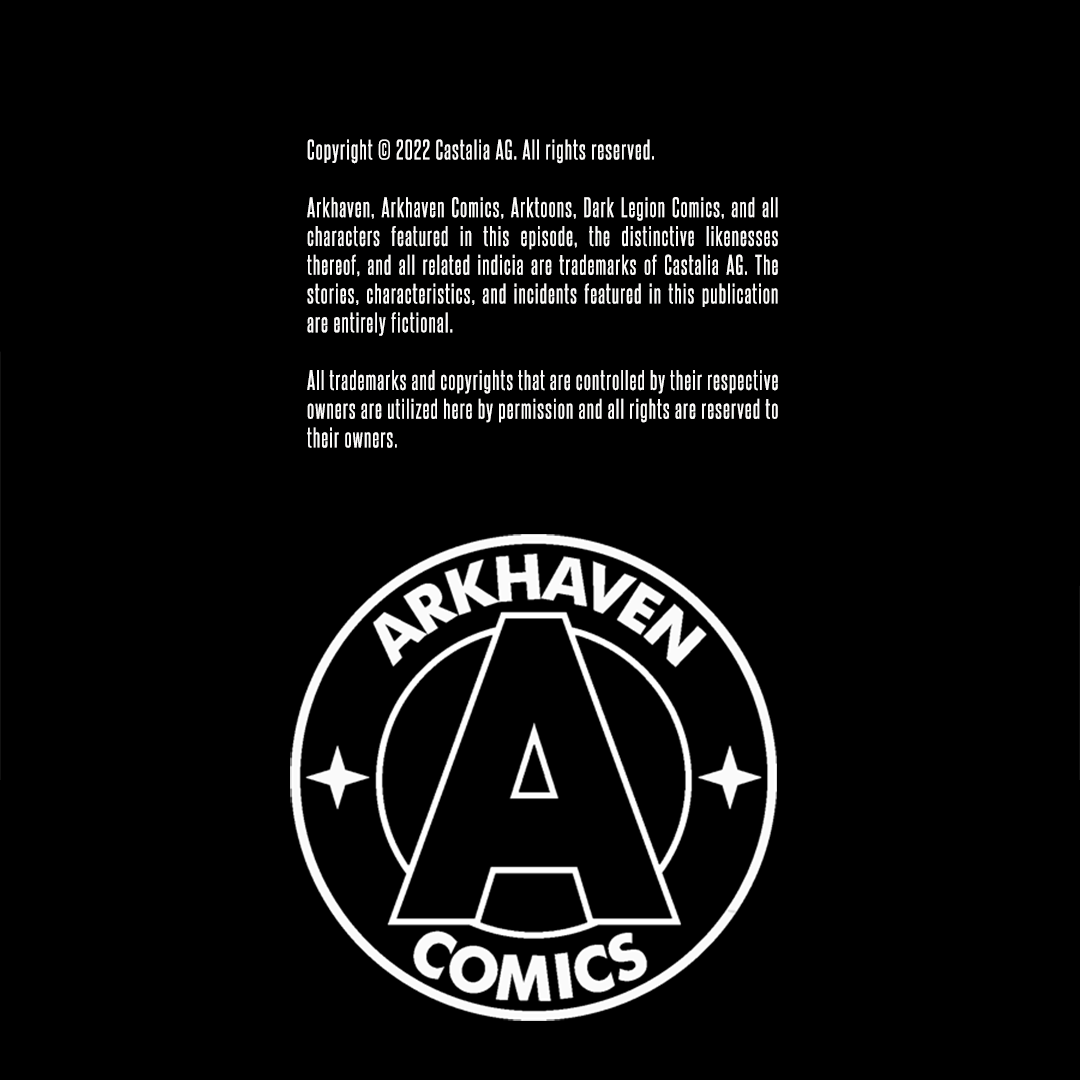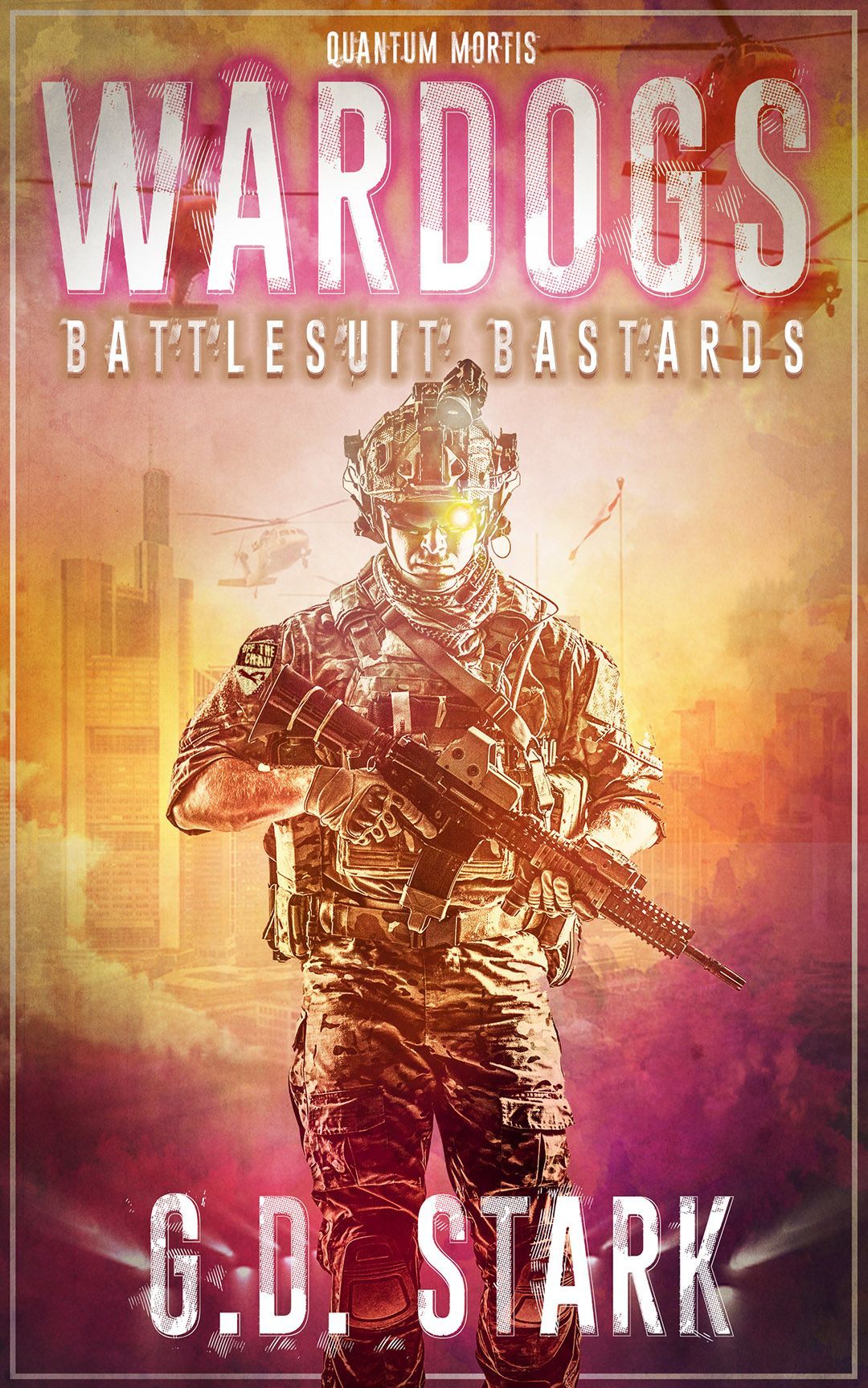Episode 15
We Strike at Dawn
Once the defeated, demoralized Ulimbese had regained the safety of the camp, Colonel Emerson called the brass together, then a few minutes later Marks told us the deal.
“Here’s the situation, boys. We’re facing not only the city militia, we’re up against two regiments of regulars and a company of the prince’s elite guard. We are going to hit them again with a 10-minute bombardment, then you will go in well-supplied with smoke, tag points of resistance, in particular machine gun and missile batteries, then we will take them out with missile-bearing drones. We lost one drone playing spy over the city, so no more of that. Instead, you will tag, we will get the drones in, hit the targets, and get them out. The colonel doesn’t want to lose any more eyes in the sky, especially as we have no idea when we will be re-supplied. We strike at dawn.”
The sky was already a pale grey on the horizon, and the fields were thick with mist. It was almost time—and that mist would help us, as would the still air.
“Hey Tommy—why do they think it’s better to lose men than drones?” Ward asked me. I turned to him in surprise, not knowing he was beside me.
“We cost less,” I said. “Also, if you lose your eyes in the sky, you run the risk of losing a lot more men. We’re probably going to lose a few men when we go in, but if we lose our ability to take out their hard points and see what’s in front of us, we’re going to lose a helluva lot more. But don’t worry, the colonel seems to know what he’s doing. And even if corporate didn’t give a rat’s ass for our lives, they would care about losing money. Each man down is an insurance payout, plus they have to hire a replacement who probably requires additional training. They don’t want that! Make sense?”
He nodded, apparently satisfied. We all have to learn as we go along, I guess.
The cannons pounded over our heads as we launched smoke into the field and went low, scrabbling from cover to cover. We followed the edge of a stone wall for a time, then jumped into a thicket.
Park whispered a curse as he yanked a thorn out of his hand. We could see the roadblocks and enemy troops ahead despite the smoke. Our goggles were switched to discriminate. I thanked the war gods that they snuck in just below Ulixis’ tech level.
The guns behind us ceased as we were now too close to the enemy defenses. The thicket ended in the remnants of a corn field, corrugated by cultivation and currently thick with the rustling stubble of dry and felled stalks. Across the field I could see lots of our squads crawling foot by foot, covered by the repeated launch of new smoke grenades. RAT-TA-TAT-TAT! The chatter of enemy machine guns tore over the field and right over my head. I was bound and determined not to take another hit. Right now we were a ways out, so staying low was the best bet.
Puffs of dirt flew up here and there as enemy rounds sought blindly for targets, then we hit a sprawling vineyard. Jock waved us in and we followed the rows of grapes, knowing even without smoke the Corwistalian gunners wouldn’t see us. Unlike the Ulimbese armor, we could hide.
We got on our feet now, crouching to stay below the 1.5 meter height of the vines, going single file behind Jock, who was guiding us inwards by map, as we couldn’t see the machine gun nests thanks to the roll of the hill and the vines. Every little bit, we’d crawl under a few rows, then go along a row again. Multiple other squads were also taking advantage of the vines. It also saved our limited supply of smoke grenades.
Then we came to a large barn at the end of the vineyard. Jock opened the back of the barn—it was unlocked—and we went through. Inside sat a tractor, keys in the ignition. Tools, jars, racks of dry corn, even a chainsaw, all there in an unlocked barn. Trusting people, these Corwistalians—or perhaps the owners had fled for their lives and left their material goods. Yeah, probably the latter.
We looked out the entrance of the barn. Through the smoke we could see another cornfield and a simple white house with bushes, beyond which was the road again. As an experiment I pulled down my goggles and could barely see 20 meters ahead. “Good,” I muttered. “Can’t see anything?” Park said. “Yeah, clear as mud.”
“Let’s hope the Corwies don’t have optics like ours,” he said.
“They don’t,” Jock replied. “We’ve got the advantage, so long as the wind doesn’t rise.”
And then we were off again, crawling low across the field. Enemy fire chattered here and there but it was distant—until the slope changed and we were suddenly looking down at the outer edges of the enemy’s defenses.











































